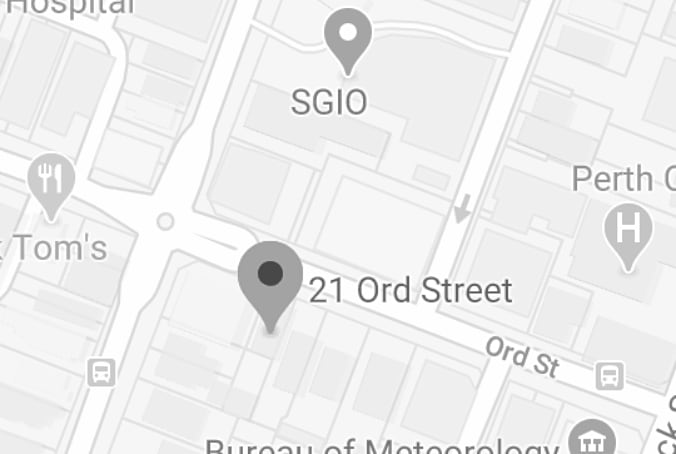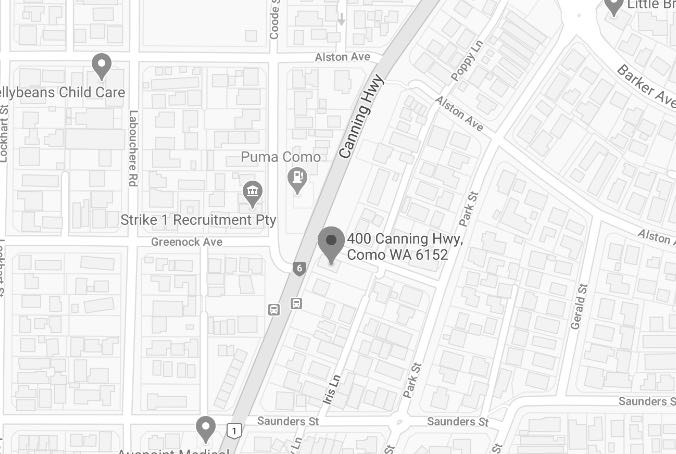Generalised anxiety disorder
Generalised anxiety disorder
Occasional anxiety is perfectly normal. We all experience worry at times. But when your worries are long term, and feel debilitating, you may be diagnosed with generalised anxiety disorder.
Generally, GAD is treatable and at J&R Psychology in Perth, we help you overcome your worries with evidence-based therapy.

What is GAD?
When worry becomes debilitating
Worry is the central feature of GAD or generalised anxiety disorder. Worry is a type of repetitive negative thinking, in which a person experiences negative thoughts and/or images that can be difficult to control. Worry is something that all of us experience at times, particularly when we’re going through a stressful time.
For some people, worrying becomes excessive and persistent, intruding on day-to-day life, causing distress, and getting in the way of daily functioning and enjoyment. This worry may be associated with physical tension, poor sleep, stomach upsets, or headaches. If this type of worry goes on more days than not for 6 months and is accompanied by other symptoms (see below), generalised anxiety disorder (GAD) may be diagnosed. About 4-8% of adults will experience generalised anxiety disorder (GAD) at some point in their life. In children, the rate is around 4%.
People experiencing chronic worry might find themselves often worrying about a whole range of topics (health, work, relationships, finances, accidents, getting things right, looking after others etc). People with GAD often report getting caught up in a busy mind or trapped in ‘thinking spirals’ they can’t seem to escape from.
- What if I can’t cope?
- What if s/he thinks I’m stupid?
- What if I don’t feel up to it?
- What if I’m like this forever?
- What if I can’t always control my worry?
- What if my relationship ends?
- What if I make a mistake?
- What if I’m late?
- What if I have an accident?
- What if I or someone I care about is sick/in danger?
- What if s/he is angry with me?
- What if I don’t get this finished/get this right?
- What if I lose my bag/purse/wallet?
- What if my work isn’t good enough?

- restlessness
- feeling more fatigued than usual
- difficulty concentrating or mind going blank
- irritability
- muscle aches or tension
- disrupted sleep
- uneasy stomach
- reduced enjoyment in life
Often, a vicious cycle develops where people try to suppress or ‘push away’ the uncomfortable worries, only to find that this makes them rebound and come back even stronger. The worry can then feel quite out of control.
On the other hand, it can also be the case that people feel that their worrying is helpful in some way. Perhaps the worrying creates a feeling of being prepared for challenges, for example. This can make it difficult to give the worrying up, which is another way that the cycle keeps going.
Although generalised anxiety disorder occurs in about 4-8% of adults, it is the most common anxiety concern that people talk to their GP about. This suggests that if someone has GAD, it is hard to live with and people are more likely to seek help for it.
GAD can occur in both children and adults, but the most common age of onset is around 30-40 years old. At J&R psychology, we help children with GAD, aswell as teenagers and adults.
Generalised anxiety disorder treatment Perth
How is generalised anxiety disorder treated?
Fortunately, there are great evidence-based interventions to help people with chronic worry or generalised anxiety.
Metacognitive Therapy and Acceptance and Commitment Therapy come under the umbrella of Cognitive Behaviour Therapy (CBT) interventions, and are very effective at helping people to change how they manage worry.
These interventions teach people to think differently about their worry, by viewing it in a more neutral light, as neither threatening nor helpful. The therapy also helps people to ‘unhook’ from their negative thinking spirals, freeing them up to engage in not only the pleasures of life but also more helpful ways of managing present challenges they’re facing.
Your clinical psychologist will also help you to be clear on what’s important to you in life and to make sure you’re engaging in life in the way that’s aligned with your values.
The Royal Australasian College of Psychiatrists recommends initial treatment options for GAD are CBT, medication, or the combination of CBT and pharmacotherapy.
If you think you may have GAD, contact J&R psychologists to book an appointment. We have rooms in West Perth, Como and Murdoch.



